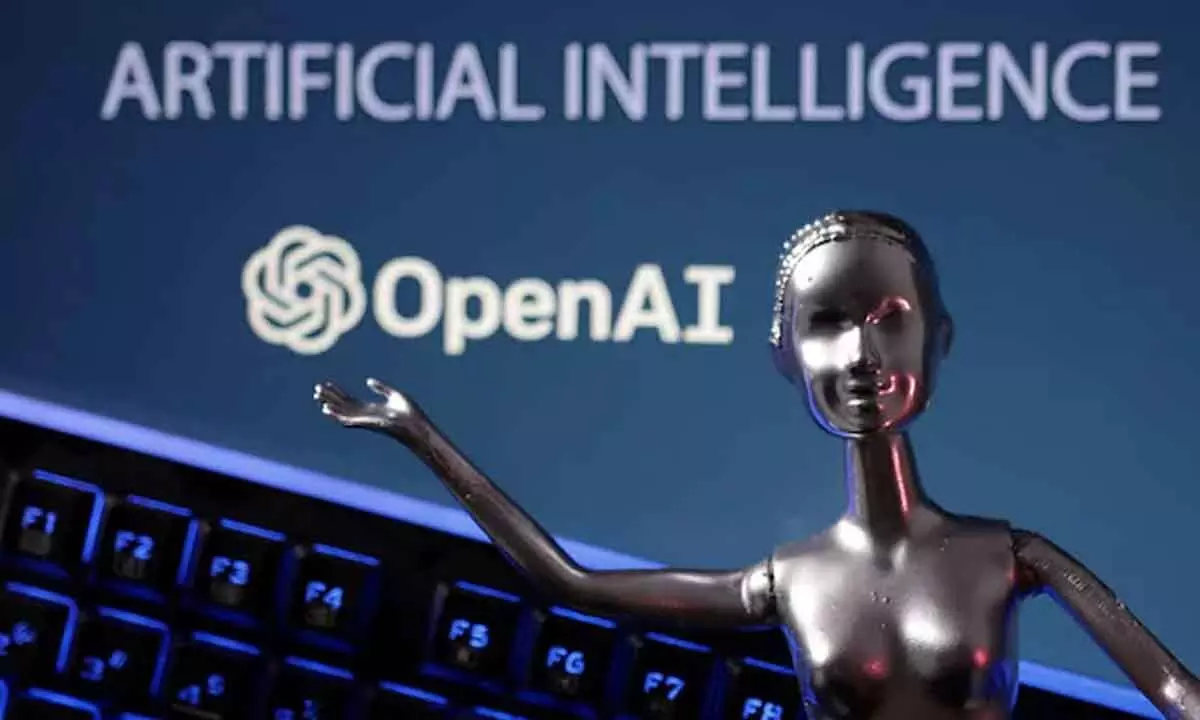OpenAI Develops New Scale to Measure AI Intelligence: Find ChatGPTLevel

OpenAI has introduced a new system to measure AI intelligence, with ChatGPT currently assessed at Level 1 on this scale.
OpenAI has recently unveiled an innovative system designed to measure the intelligence levels of its AI tools. This development aims to track the progress of AI towards achieving human-like intelligence.
In the past few years, artificial intelligence has made significant strides across various sectors. AI's rapid growth and widespread adoption have made it an indispensable part of modern technology. As AI systems become more sophisticated, the need to assess their intelligence accurately has become increasingly important. OpenAI has responded to this need by developing an internal scale to monitor the progress of its large-language models toward artificial general intelligence (AGI). According to recent reports, this scale is instrumental in determining the intelligence levels of OpenAI's AI tools.
A Bloomberg report highlighted that OpenAI's ChatGPT is currently rated at Level 1 on this new intelligence scale. To measure AI progress, OpenAI has created a level-based system, defining each level and the criteria for measurement. Interestingly, these levels are compared to human abilities in solving tasks, providing a clear benchmark for AI capabilities.
OpenAI's AI Intelligence Framework
The intelligence framework developed by OpenAI consists of five levels of sophistication. ChatGPT is currently at Level 1 but is expected to reach Level 2 soon. Each level corresponds to a specific set of capabilities:
- Level 1: Basic problem-solving abilities, similar to those of an average person.
- Level 2: Comparable to the problem-solving skills of a PhD holder.
- Level 3: Ability to autonomously perform tasks on behalf of a user.
- Level 4: Demonstrates creative capabilities, capable of generating novel innovations.
- Level 5: Represents the pinnacle of AI achievement, capable of replicating the collective efforts of an entire organization, effectively achieving AGI.
AGI, as defined by OpenAI, is a highly autonomous system that surpasses humans in most economically valuable tasks. This level system indicates that OpenAI is ambitiously aiming to achieve AGI through its AI tools.
A few months ago, OpenAI CEO Sam Altman made headlines by expressing his commitment to developing AGI, regardless of the cost. This determination underscores the company's dedication to pushing the boundaries of AI capabilities.
Without revealing extensive details, OpenAI has hinted that the GPT-4 AI model possesses new skills that exhibit human-like reasoning. This revelation comes in the wake of hints about the company's next large-language model, GPT-5. According to Altman, GPT-5 is expected to represent a significant leap forward in AI development.
Future Prospects with GPT-5
In a report by The Decoder, Altman spoke at the Aspen Ideas Festival, expressing optimism about the potential of GPT-5. However, he acknowledged that there is still considerable work to be done on the new model. Despite this, he remains confident in GPT-5's potential, noting that it aims to address many of the shortcomings observed in GPT-4.
While details about ChatGPT-5 remain scarce, Altman's comments suggest that the model is still in the early stages of development. The excitement surrounding GPT-5 follows the impressive debut of GPT-4o, which demonstrated exceptional mathematical abilities and the capability to engage in emotionally intelligent conversations. This has set high expectations for GPT-5, fueling anticipation for even more groundbreaking advancements.
OpenAI's Spring Update event in May introduced GPT-4o to the world, setting a new benchmark for AI performance and raising the bar for future models. As the AI community eagerly awaits further developments, OpenAI's new intelligence scale provides a clear framework for measuring progress and sets the stage for continued innovation in the field of artificial intelligence.




















